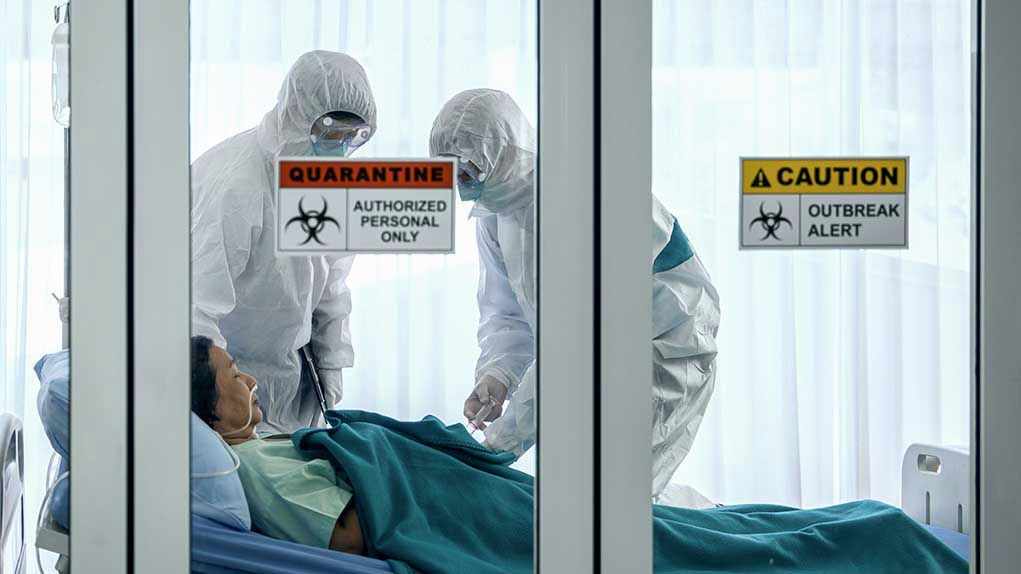
Travelers to Guinea, Liberia, and Sierra Leone might be stepping into a historical throwback as diseases once thought banished rise again, shaking the dust off epidemic history books.
At a Glance
- The CDC issues Level 2 travel health warnings for Guinea, Liberia, and Sierra Leone.
- Diphtheria and mpox outbreaks are the culprits behind these advisories.
- Travelers are urged to update vaccinations and exercise caution.
- The ongoing outbreaks are a reminder of the vulnerabilities in regions with limited healthcare infrastructure.
Understanding the Outbreaks
In a plot twist straight out of a medical drama, diphtheria and mpox are staging a comeback in West Africa. Diphtheria, caused by the bacterium Corynebacterium diphtheriae, has been detected in Guinea’s Kankan region. Meanwhile, mpox, with its origins in monkeypox virus, is spreading through Liberia and Sierra Leone. These outbreaks have prompted the Centers for Disease Control and Prevention (CDC) to issue Level 2 warnings, advising travelers to take enhanced precautions.
Both diseases are reappearing in areas where healthcare systems are already stretched thin, often due to factors like conflict and poor vaccination coverage. While the rest of the world might have these infections on a short leash thanks to comprehensive vaccination programs, these regions remind us that the leash can slip.
The Role of Health Organizations
The CDC, along with the World Health Organization (WHO), is at the forefront of monitoring these outbreaks and providing guidance. Local health ministries in the affected countries are leading the charge on the ground. These organizations are working tirelessly to ensure that travelers are informed and that the spread of these diseases is curtailed. However, the real challenge lies in the implementation of these measures in regions hampered by limited healthcare resources.
The CDC has been vocal about the necessity of vaccinations. Travelers headed to Guinea should ensure their diphtheria vaccinations are up to date, while those going to Liberia and Sierra Leone are advised to consider the two-dose JYNNEOS vaccine for mpox, especially if they fall into higher-risk categories.
Impacts and Implications
The short-term implications of these outbreaks are evident—unvaccinated travelers face increased risk, and there is potential for further spread if not contained. In the long-term, these outbreaks could lead to the re-establishment of these diseases in areas with declining vaccine coverage. The economic impacts are significant, too, as potential travelers may reconsider their plans, affecting tourism and business in these countries.
Socially and politically, the outbreaks could lead to stigma and fear, akin to the reactions during the Ebola outbreak. The healthcare systems, already under pressure, might find themselves further strained as they scramble to respond to these resurging diseases.
Expert Opinions and Recommendations
Experts like Dr. Philip Chan from Brown University emphasize the importance of vaccinations, noting that these diseases are preventable with the right measures. The current mpox outbreak differs from the 2022 situation, affecting both males and females equally, which has led to a broader emphasis on vaccination.
The consensus among experts is clear: while vigilance is necessary, the risks can be minimized with proper precautions. The CDC and WHO’s guidelines remain the gold standard for travelers seeking to protect themselves from these resurgent threats.












